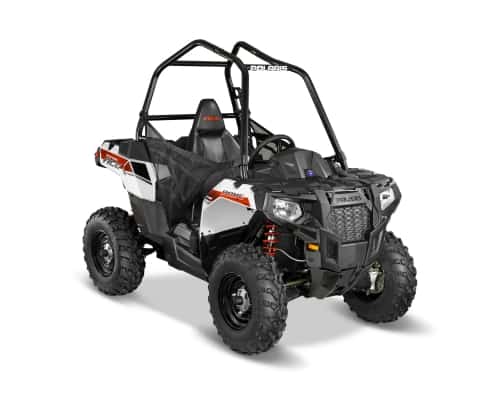 New Zealand’s Safeguard magazine is a long-standing institution. Recently it undertook its first ever Safety State of the Nation survey. The results are interesting and should provide a format for Australia and other countries or publishers to follow. Cross border comparisons could be fascinating.
New Zealand’s Safeguard magazine is a long-standing institution. Recently it undertook its first ever Safety State of the Nation survey. The results are interesting and should provide a format for Australia and other countries or publishers to follow. Cross border comparisons could be fascinating.
Safeguard’s editor Peter Bateman says in a media statement:
“Given all the scaremongering stories which have accompanied the new Health and Safety at Work Act, it is pleasing to see 40% of respondents feel health and safety is an opportunity to improve their business rather than just to comply with the law.”
The fact that the results are made publicly available is also significant. Not only does this allow me to write an article on the results, it shows a level of transparency that other safety-related surveyors, particularly those who charge hundreds of dollars for a survey report, could easily follow.

 On 18 March 2015, the Melbourne office of
On 18 March 2015, the Melbourne office of 